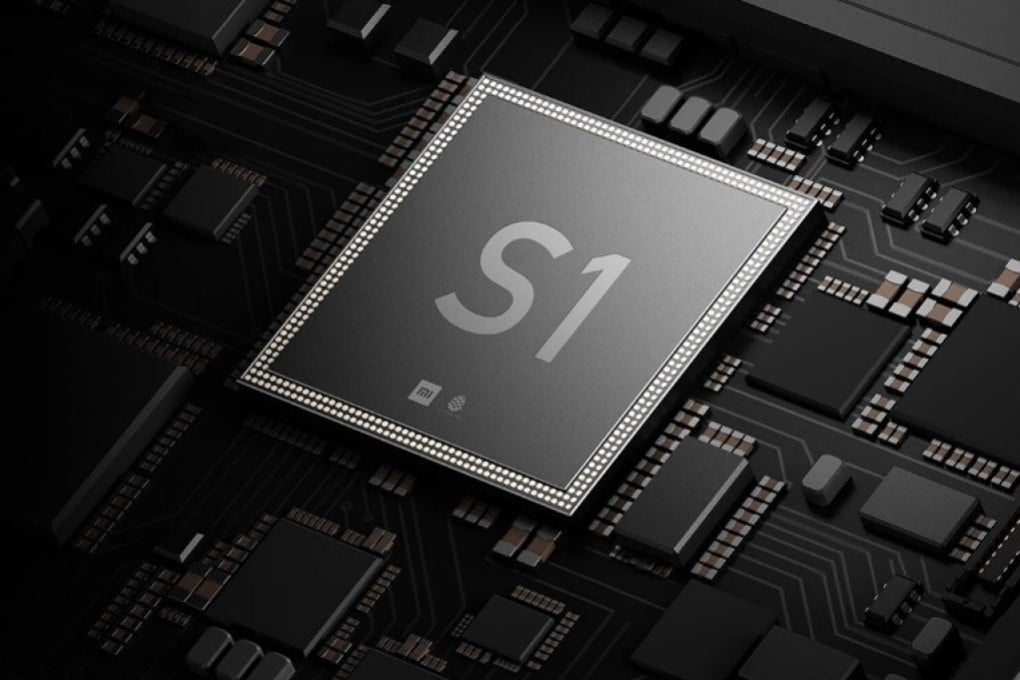Advertisement
Xiaomi says it still wants to make its own smartphone chips as Huawei runs low on Kirin processors
- Xiaomi founder and CEO Lei Jun says the company’s chip-designing effort is still ongoing
- Xiaomi introduced its first in-house chipset, Surge S1, in 2017
Reading Time:1 minute
Why you can trust SCMP

Few smartphone brands make their own mobile processors, with the majority relying on outside vendors – most notably Qualcomm. But Xiaomi says it hasn’t given up on plans to design its own chips.
The Chinese gadget maker released its first in-house chipset, Surge S1, along with the budget Mi 5C handset in 2017. While the company has since faced “huge difficulties” in making another chipset, this doesn’t mean those efforts have stalled, according to Xiaomi founder and CEO Lei Jun.
“Mi fans can rest assured that the [chip-making] plans are still ongoing,” he posted to Weibo on Sunday. “When there are new developments, we will tell everyone.”
Advertisement
Domestic initiatives to design and manufacture chips have gained urgency in China after the US expanded its sanctions against Huawei in May. Chip makers that use American technology are now required to apply for a license to supply the Chinese giant.
Last week, Huawei’s consumer head Richard Yu said contractors will no longer produce Huawei’s proprietary Kirin chips starting September 15.
Advertisement
China recently rolled out new tax incentives to boost domestic chip efforts. But analysts have told the South China Morning Post that in the short-run, domestic manufacturers are unlikely to be able to make chips that are good enough for high-end Huawei smartphones. Right now, performance from Kirin processors are considered close to what you get from the latest Apple and Qualcomm chips.
Advertisement
Select Voice
Select Speed
1.00x